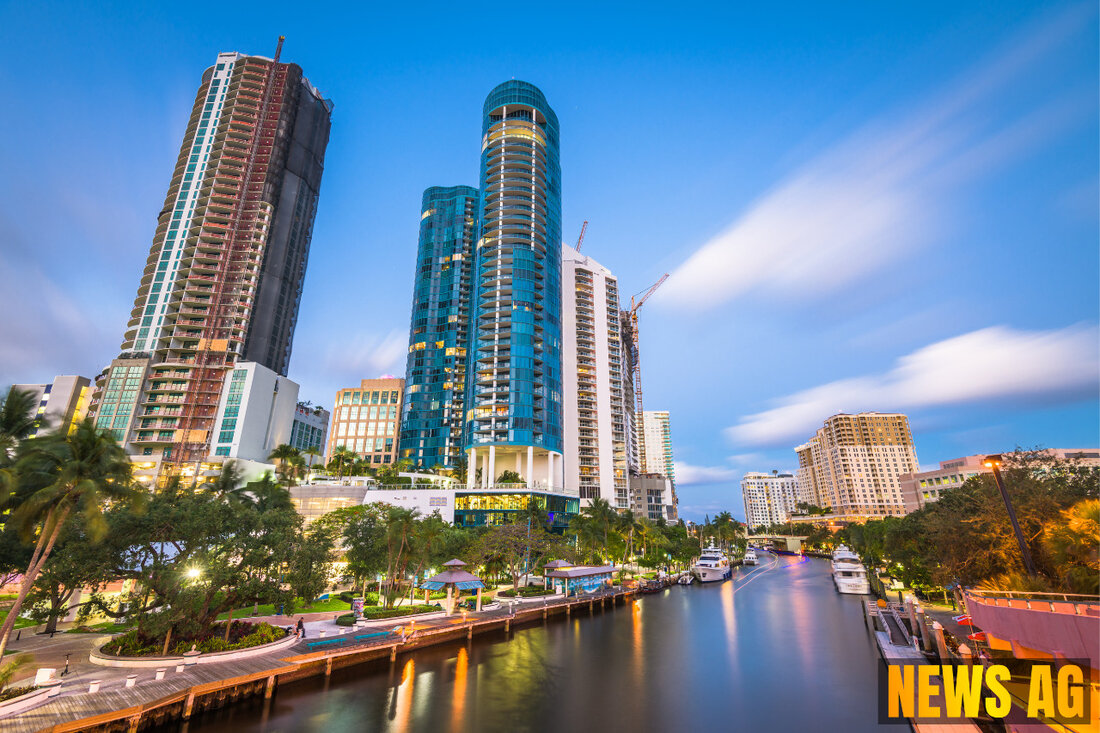Florida's Book Ban Crisis: Censorship Sparks Outrage and Debate

Hillsborough County, Florida, USA - Florida is currently at the center of a heated conversation surrounding educational censorship. A recent report by PEN America has labeled the state as the „Blueprint State“ for censorship in public education. This designation comes amidst a troubling trend where access to books in public schools is rapidly diminishing, all under the guise of „parental rights“ and protection from inappropriate content. Florida Today reports that laws like HB 1069 allow any single parent to request the removal of multiple books from school libraries, a move that has raised serious concerns about the erosion of access to diverse literary works.
In counties where parents can opt-out of library access, studies reveal that 100% of students still retain access, while those requiring opt-in face 80% access. This paints a stark picture of how legislation can unduly influence educational resources. Notably, Florida’s government maintains a banned book list with over 700 titles for the 2023-2024 school year, wielded by lobbying groups like „Moms for Liberty“ to influence local school districts indiscriminately.
Escalating Book Bans
As book bans escalate at an alarming rate, Florida has emerged as the leader in the United States. According to CBS News, Florida now has over 1,400 restrictions on books, indicating a staggering 33% increase in recent times. New state laws empower parents to challenge books they find objectionable, leading to a flurry of reviews across different school districts. For instance, the Broward County School District reviewed seventeen books, leading to the removal of three and the relocation of others. Meanwhile, speakers at school board meetings have been attempting to read so-called inappropriate material, with some labeling certain texts as pornographic. CBS News highlights that while books may not be outright banned, their removal from libraries raises significant issues about students‘ access to literature.
Organizations like the Florida Parent-Teacher Association are voicing concerns that these new educational laws can lead to increased censorship in schools. Advocates, like Corie Pinero from Moms for Liberty, argue that a rating system for books similar to how movies are rated would help address the issue, but critics worry that these measures infringe on freedom.
The Bigger Picture
Looking at the broader context, book bans in the U.S. have surged, particularly since the COVID-19 pandemic, as pointed out by the YIP Institute. Facing over 4,000 book bans just in the first half of the 2023-2024 school year—almost double the previous year—many states, including Florida, Texas, and Wisconsin, have yielded to conservative lobbying aimed at restricting various literary works. The American Library Association reports over 10,000 cases of book banning across 42 states since mid-2021, marking an unsettling revival of censorship resembling tactics from bygone eras.
These bans disproportionately affect literature by LGBTQIA+ and BIPOC authors, limiting much-needed diverse representation in educational content. In fact, nearly half of the targeted books fall into these categories, raising critical questions about censorship and freedom of expression, particularly during a time when mental health and well-being are paramount for students‘ growth. The media’s portrayal often frames book bans as a necessary measure, but the reality is far more complex.
In conclusion, the stakes are high as Florida charts its course in the ongoing debate over educational content, with a clear need for a balanced approach that considers both protection for children and access to diverse viewpoints in literature. As students navigate their identities and societal issues, the importance of diverse narratives has never been more critical. We must stand vigilant against censorship while advocating for a rich, inclusive educational environment.
| Details | |
|---|---|
| Ort | Hillsborough County, Florida, USA |
| Quellen | |
